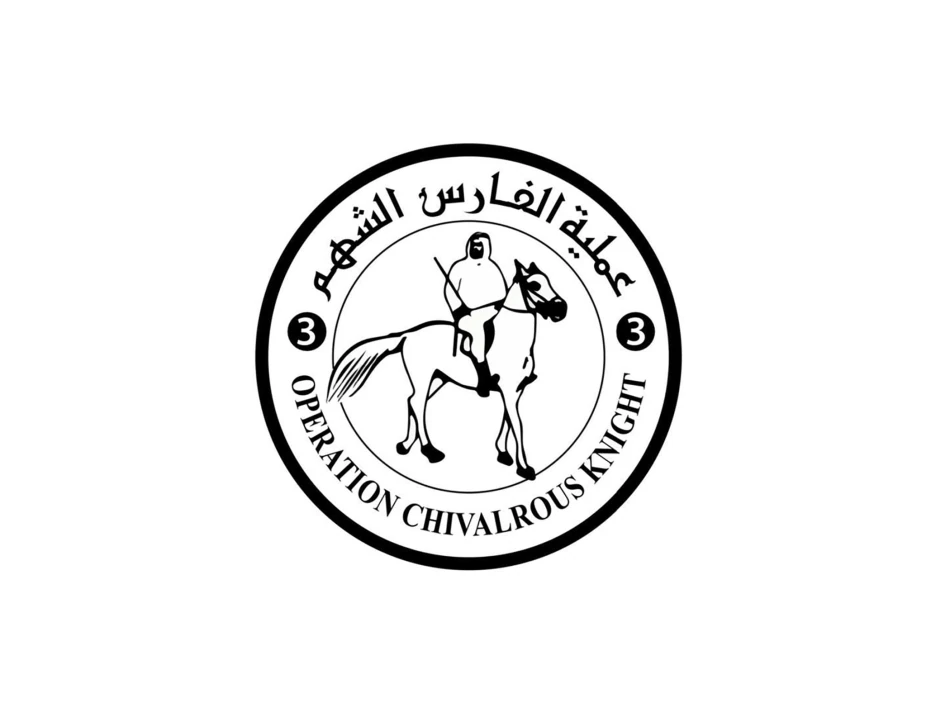
UAE Humanitarian Caravan Arrives in Gaza under 'Gallant Knight 3' Mission
UAE Scales Up Gaza Relief Operations as Humanitarian Crisis Deepens
The United Arab Emirates has delivered another convoy of humanitarian aid to Gaza as part of its "Chivalrous Knight 3" operation, bringing essential food and medical supplies to hundreds of thousands of displaced families. With nearly 700 trucks deployed over recent weeks, the UAE's sustained relief effort highlights both the scale of Gaza's humanitarian catastrophe and Abu Dhabi's strategic positioning as a key regional mediator amid ongoing conflict.
Massive Relief Operation Underscores Crisis Severity
The latest convoy arrives as Gaza faces what aid organizations describe as one of the most severe humanitarian disasters in recent memory. Displaced families are grappling with acute shortages of food, water, and medicine, while basic infrastructure remains severely compromised.
Between July 28 and August 23, 2025, the UAE dispatched approximately 697 trucks carrying diverse humanitarian and medical supplies to Gaza. Beyond immediate relief items, the convoys included specialized equipment for the "UAE Line" project, designed to establish more sustainable aid delivery mechanisms.
Strategic Implications of UAE's Humanitarian Diplomacy
Regional Leadership Through Aid
The UAE's "Chivalrous Knight 3" operation represents more than humanitarian assistance—it's a calculated exercise in soft power diplomacy. By maintaining consistent aid flows to Gaza, Abu Dhabi positions itself as an indispensable regional actor capable of operating across traditional political divides.
This approach mirrors the UAE's broader foreign policy strategy, evident in its normalization agreements with Israel while simultaneously supporting Palestinian humanitarian needs. Such dual-track engagement allows the Emirates to maintain influence with all parties in the conflict.
Comparison with Regional Aid Efforts
While countries like Qatar and Egypt have historically dominated Palestinian aid delivery, the UAE's systematic approach through named operations suggests a more institutionalized commitment. Unlike ad-hoc relief efforts, the numbered "Chivalrous Knight" operations indicate long-term planning and resource allocation.
Saudi Arabia and Jordan have provided substantial aid, but the UAE's coordination of specialized infrastructure projects alongside immediate relief demonstrates a more comprehensive development approach, similar to its humanitarian interventions in Yemen and Afghanistan.
Economic and Political Calculations
Investment in Future Stability
From an economic perspective, the UAE's sustained Gaza aid represents an investment in regional stability that could pay long-term dividends. A stable Gaza reduces migration pressures, limits conflict spillover, and creates potential future economic partnerships.
The inclusion of infrastructure equipment suggests the UAE is positioning itself for potential post-conflict reconstruction contracts, following a model successfully employed in other regional interventions.
Balancing Act with International Partners
The UAE's humanitarian operations also serve to strengthen relationships with Western allies who prioritize Palestinian aid while maintaining its Abraham Accords commitments. This balancing act enhances Abu Dhabi's value as a regional partner for both the United States and European nations.
Operational Sustainability and Future Outlook
The systematic numbering of operations and establishment of dedicated delivery infrastructure indicates the UAE expects prolonged humanitarian needs in Gaza. This suggests Abu Dhabi's intelligence assessments anticipate extended instability, positioning the Emirates as an essential long-term stakeholder in any eventual resolution.
The scale and consistency of aid delivery—nearly 700 trucks in less than a month—demonstrates significant logistical capabilities that could prove crucial if humanitarian needs escalate further. This operational capacity strengthens the UAE's position in future diplomatic negotiations regarding Gaza's reconstruction and governance.
Most Viewed News

 Sara Khaled
Sara Khaled






